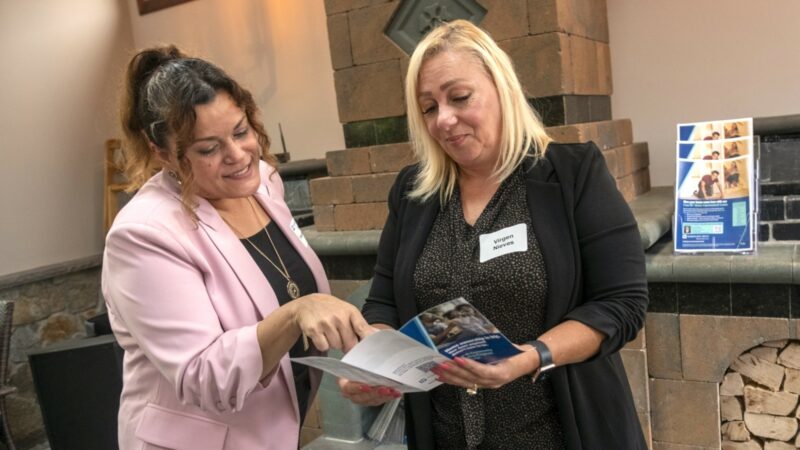Five Things to Do Before Meeting With an Advisor
April 01, 2016
Americans' financial lives are increasingly complex. It's not unusual to have checking and savings accounts, a 401(k), IRAs, and other personal investments. Keeping track of all your savings and investments has prompted many individuals to seek guidance. If you are part of this growing majority, you may have already scheduled a meeting with an advisor. To make the most of your time together, keep this premeeting checklist in mind:
1. Do some research. Entire sections of bookstores are dedicated to personal finance and investing topics. Read a book or magazine to get familiar with planning strategies and terms. Ask others who have used financial planning professionals to share their experiences.
2. Organize your thoughts. Spend some time thinking about your financial needs, investment goals, and time frame. If you are uncertain about your own needs and goals, communicate that fact to the advisor. He or she should be able to ask the right questions to help you determine your goals, assess your needs and resources, and match both to your tolerance for risk.
3. Gather the appropriate paperwork. Consider which documents -- such as a will, bank and investment account statements, insurance policies, and tax returns -- to bring to the meeting. To be on the safe side, call in advance and ask what documents would be helpful.
4. Determine your top three areas of concern. Does retirement planning top your list? What about minimizing your tax burden? Funding college tuition? To help create a plan focused on your unique situation, your advisor will have to ask questions. Be prepared to discuss what is most important to you and have answers in mind (or written down) prior to your meeting.
5. Prepare questions for your advisor. To succeed, this relationship must be built on trust. It's important that you feel comfortable with your advisor and the services he or she will provide. Ask about the type and level of advice you should expect. Will they be referring you to others specializing in certain areas? Talk about how often you should meet for a "check up" or to rebalance your portfolio.
Financial planning is a lifelong process, and a trusted advisor can help see you through all of life's financial opportunities and challenges.
For additional information, call Washington Trust Wealth Management at 800-582-1076.
Any views or opinions expressed are those of Washington Trust Wealth Management. The information provided does not constitute legal, tax, or investment advice and it should not be relied on as such. It does not take into account any investor’s particular investment objectives, strategies, tax status, or investment horizon. Please consult with a financial counselor, attorney, or tax professional regarding your specific investment, legal, or tax situation. It should not be considered a solicitation to buy or an offer to provide investment advisory or other services. The information may change at any time without prior notice and is based on data obtained from reliable sources; however we cannot guarantee that the information is accurate or complete.











